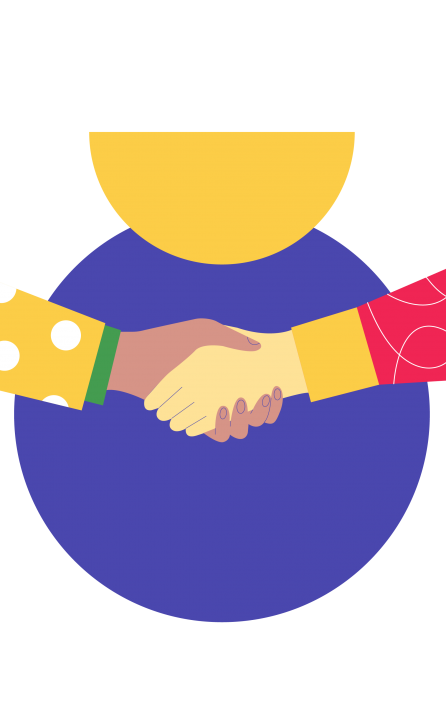You’ve selected the right outfit, practiced your answers and readied yourself to negotiate compensation. But before you arrive at the interview, you must practice a few strategies to reduce stress and ready yourself for a power play.
Consider these mental, environmental and physical ways of dealing with the stress that typically accompanies a job interview:
Use visual imagery to reduce stress
Close your eyes and imagine a scene, place or event (real or imaginary) that is peaceful, serene, happy and/or beautiful. Try to incorporate all your senses into the image – what you can see, hear, smell, taste and feel.
You can also imagine the interview going well, walking through it step by step to improve your confidence and reduce your stress. The mind cannot differentiate between real and imaginary, so what you feed it is accepted as truth.
Persuade yourself with positive, rational thinking
Observe your thoughts and write down every time you have a negative thought for a few days. Once you are aware of your negative thoughts, take an honest look at them to see if they have any basis in reality. Frequently, when you challenge a negative thought it will lose power or disappear.
You can also replace negative thoughts with positive affirmations. Make yourself a list of positive things to say to yourself each morning and evening. Post it on the bathroom mirror and say them aloud. Try to repeat throughout the day whenever possible. Habits don’t happen immediately (experts say it takes 60 days to make it a habit) so be patient with yourself. Repetition is the answer!
Reduce the importance of the event in your mind
Try to compare it to something else in the past that you’ve done that was as big and important to you. Remind yourself that this will not be the first or the last opportunity of this kind that you’ll encounter.
You can also reframe the event in your mind. Instead of viewing it as an all-important interview, think of it as an exciting chance to meet new people and expand your network. You never know what will happen! Reduce uncertainties by asking questions when you schedule the interview and by researching and learning all you can to feel more prepared. Listen to music or relaxation tapes to calm yourself.
Use Progressive Muscular Relaxation
Squeeze a group of muscles, hold for a few seconds and then relax the muscles as much as possible. This can relieve the tense feeling and is particularly effective when combined with deep breathing and visual imagery. Perform slow, deep breathing. Breathe in through your nose and out through the mouth. Concentrate on doing this at least four times.
Bottom Line:
Whatever you do, be kind to yourself during this process. Remember that change does not happen overnight and practice makes perfect. Take a deep breath, put a smile on your face, and meet that interview head-on!

